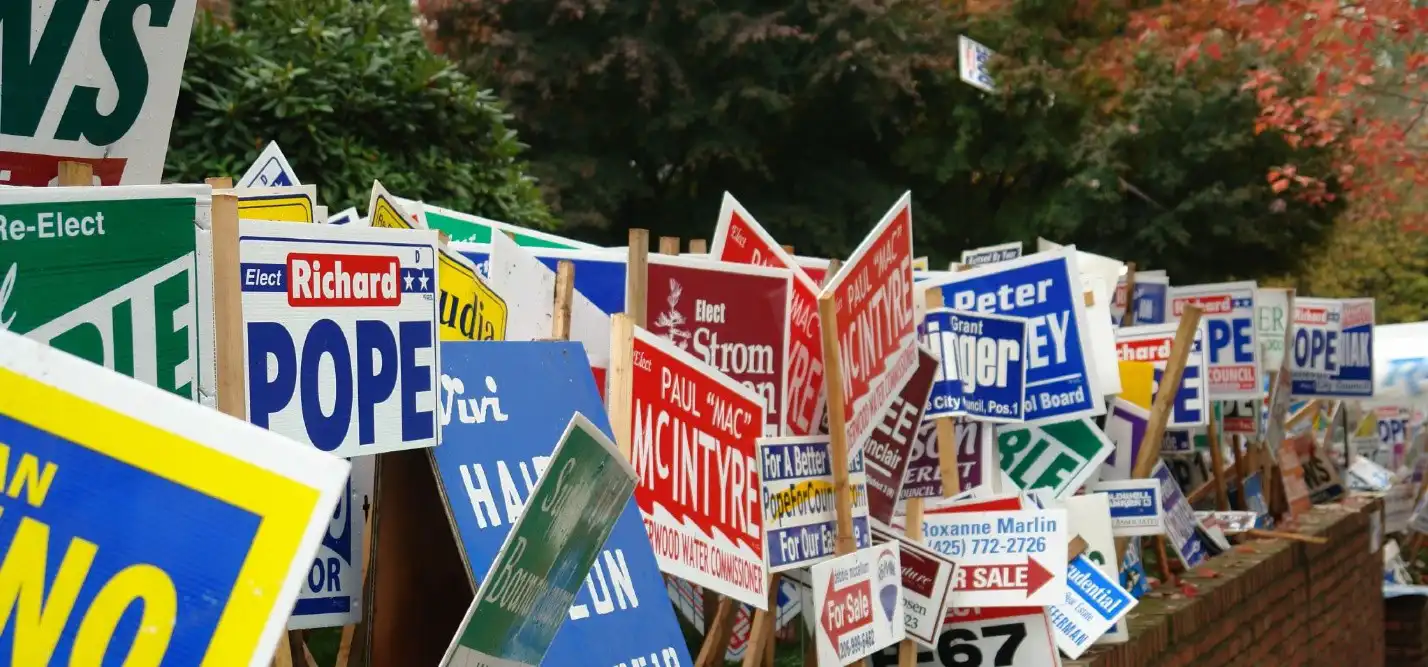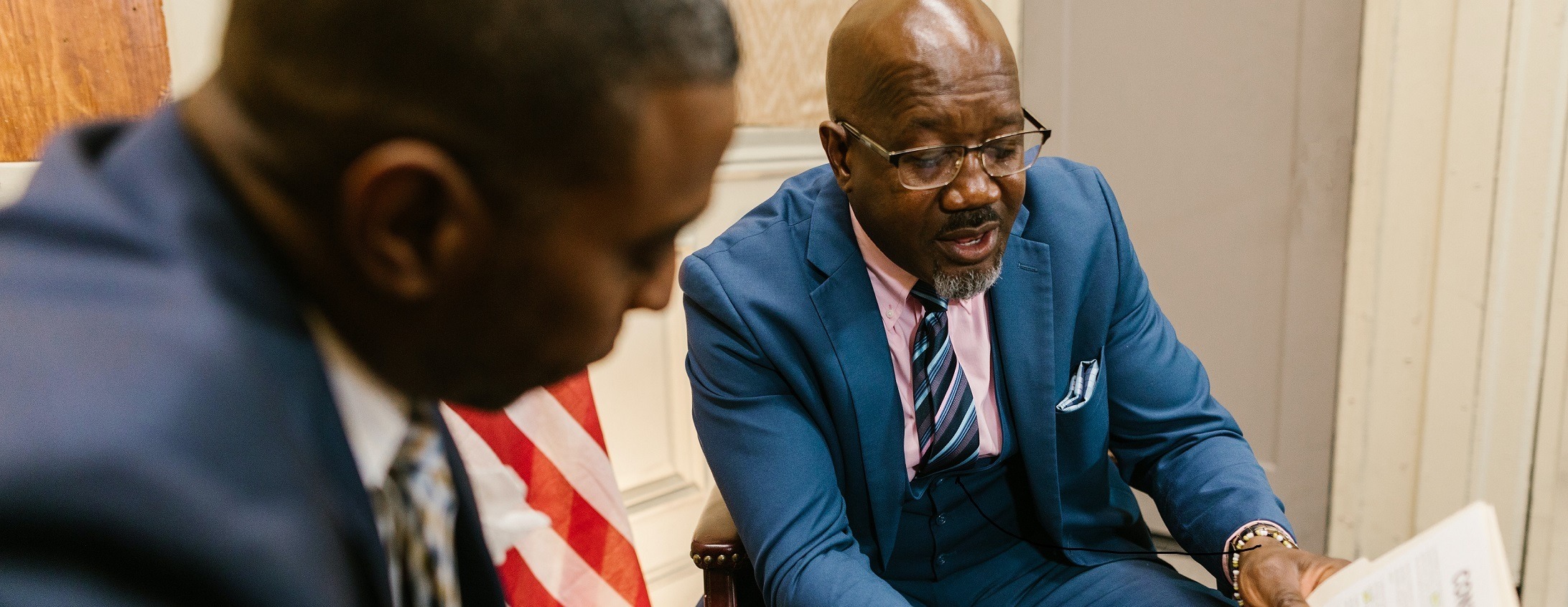Tag: Homeowner Rights
-

Political Signs: A Deed Holder’s Guide to Laws and Limits
Is there a First Amendment right to display political signs of any kind, size, or position on the sign poster’s own property? At first, the answer might seem to be a flat-out yes. The Constitutional commitment to free speech prevents heavy-handed government interference with political messaging. But states place limits on what residents may do…
-

Guilty Pleas in Long Island: Heirs Recover Their Stolen Deeds
Two New Yorkers — and one is a former lawyer and a licensed notary — have pleaded guilty to deed fraud charges in New York. The charges involve first-degree scheming to defraud, and additional counts related to forging and filing false documents to take deceased people’s titles in Nassau and Queens. A company run by…
-

Who Owns Your Home—You, or the Bank? Check for a “Defeasance Clause”
Defeasance? What’s that? Some home loans contain a defeasance clause. It means you’re giving up collateral. Do your home loan documents have defeasance language? If so, your lending institution holds your home’s title for as long as you owe the lender money. Although the legal owner is your lender, you are still called the homeowner.…
-
Deed-Stealing Florida Broker Pleads GUILTY
Michael B., a real estate broker, has changed his mind. He’s now pleading guilty in a felony fraud case involving deed theft. In Florida, fraudulent real estate schemes are not unusual. But when a real estate broker in active status is pursued for deed fraud, that’s the kind of case that stands out. Yes, you read…
-
Trees, Smoking, and Other Neighbor Troubles: What’s a Homeowner to Do?
They say good fences make good neighbors. Perhaps we could add shrubs or trees, too. Fences and trees can helpfully separate one residential property from the next. Their presence can make boundaries obvious and clear-cut. Then again, their helpfulness depends on how homeowners personally experience them. Hedges or fencing can be poorly placed, making property…
-

Can a Quitclaim Deed Be Undone?
A quitclaim deed transfers real estate to a new owner. A properly completed and recorded quitclaim cannot be undone. Here’s why — and what to do next if there’s a problem with the transfer.




